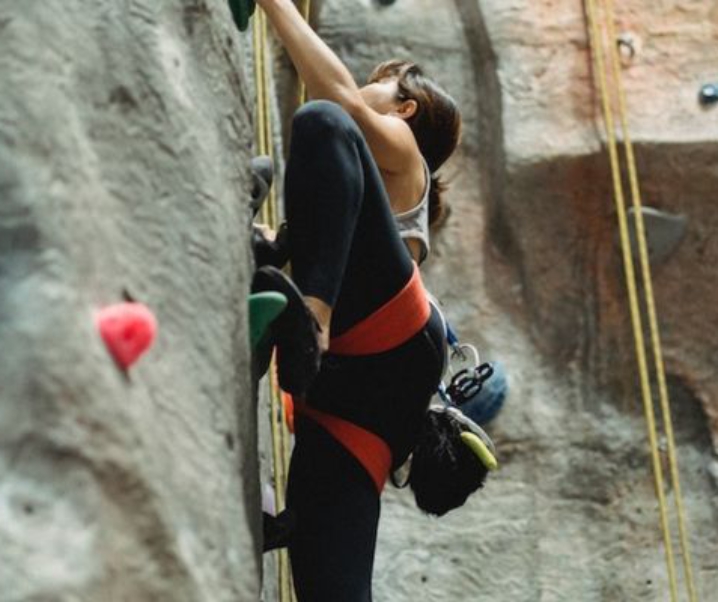Who doesn’t yearn for a fresh start or a new beginning? It’s an innate human desire, constantly seeking opportunities for growth and renewal. Every day offers us the chance to embark on a new journey, armed with the wisdom gleaned from our past experiences and the promise of a brighter future. Today, we delve into the profound significance of decluttering—a practice that not only revitalizes our physical surroundings but also clears the path for personal transformation and new possibilities.
Defining Clutter: More Than Meets the Eye
Clutter is more than just a jumble of belongings strewn haphazardly; it’s a manifestation of indecision and neglect. Whether it’s a pile of unused items gathering dust or belongings misplaced in disarray, clutter stems from our reluctance to make decisions—to organize, to discard, to let go. As the saying goes, “When we don’t make decisions, we end up with stuff in our lives.”
Physical Clutter:
- Broken or unused items occupying valuable space.
- Useful items misplaced or out of order.
- Belongings that no longer serve a purpose or belong to someone else.
Emotional or Mental Clutter:
- Relationships or situations that drain our energy.
- Habits and routines devoid of meaning or intention.
- Thoughts that clutter our minds, hindering clarity and peace.

Instead of thinking I am losing something when I clear clutter, I dwell on what I might gain.
-Lisa J. Shultz
The Weight of Clutter
Imagine your mind as a canvas, ready to be painted with the vibrant hues of possibility. Now, picture clutter as an invasive vine, entangling your thoughts and obscuring the beauty of what could be. Whether it’s physical clutter in our living spaces or mental clutter in our minds, the effect is the same: a sense of stagnation, overwhelm, and an inability to move forward.
Physical clutter not only occupies space but also exerts a psychological burden. Studies have shown that living in a cluttered environment can elevate stress levels, diminish productivity, and even contribute to feelings of anxiety and depression. Similarly, mental clutter—ranging from incessant worries to unresolved emotions—hampers our ability to focus, make decisions, and cultivate a sense of inner peace.
The Liberation of Letting Go
Decluttering, then, emerges as an act of liberation—a deliberate choice to shed the layers of accumulation that weigh us down. It’s about more than just tidying up; it’s a profound reckoning with our possessions, our priorities, and our perceptions of self. In releasing the unnecessary, we create space not only in our physical surroundings but also in our hearts and minds.
Marie Kondo, renowned tidying expert and author of “The Life-Changing Magic of Tidying Up,” advocates for a decluttering approach rooted in joy. Rather than focusing on what to discard, she encourages individuals to hone in on what brings them genuine delight. By surrounding ourselves only with items that spark joy, we curate a living environment that reflects our truest selves—a sanctuary of serenity and inspiration.
Clearing the Mental Landscape
Yet, the benefits of decluttering extend far beyond the realm of physical possessions. Just as we tidy our homes, so too must we declutter our minds. This entails letting go of limiting beliefs, toxic relationships, and emotional baggage that no longer serve our growth. In doing so, we create space for new ideas to flourish, for creativity to flow, and for inner peace to prevail.
Mindfulness practices such as meditation and journaling can serve as powerful tools for decluttering the mental landscape. Through mindfulness, we learn to observe our thoughts without attachment or judgment, allowing the clutter of the mind to gradually dissipate. With each breath, we release the grip of the past and the pull of the future, anchoring ourselves firmly in the present moment.

Benefits of Decluttering:
- A Fresh Start: Decluttering instills a sense of renewal, making it easier to make decisions and embrace change.
- Mental Clarity: Clearing physical space fosters mental clarity, reducing stress, anxiety, and overwhelm.
- Enhanced Productivity: A clutter-free environment promotes focus and efficiency, leading to increased productivity.
- Creating Joyful Spaces: By surrounding ourselves only with what we love and need, we cultivate environments that inspire and uplift.
- Improved Health and Well-being: Decluttering reduces allergens, promotes physical activity, and enhances overall well-being.
- Letting Go of the Past: Releasing clutter allows us to let go of attachments to the past, fostering emotional growth and resilience.
- Encouraging Gratitude: Decluttering helps us appreciate what truly matters, fostering a sense of gratitude and abundance.
- Saving Time and Energy: With less to manage and organize, we conserve time and energy for pursuits that truly matter.
Embrace Change, Embrace Growth
In essence, decluttering is a conscious choice to embrace change and foster growth in every aspect of our lives. It’s a journey of self-discovery and empowerment—one that invites us to shed the layers of accumulation that weigh us down and emerge lighter, freer, and more aligned with our true selves. By letting go of what no longer serves us, we create space for what brings us joy, purpose, and fulfillment.
So, dear reader, as you embark on your own decluttering journey, remember that it’s not just about clearing physical space; it’s about clearing the path to a life of greater abundance, clarity, and joy. Embrace the process, trust in the transformative power of decluttering, and open yourself to the infinite possibilities that await on the other side.



















What do you think?